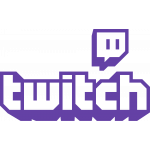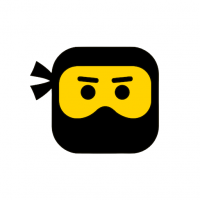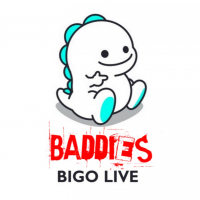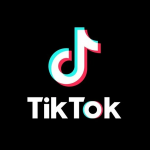How to make a content plan for a streamer
Streamer Content Plan: How to Plan Streams and Grow Your Channel
In the modern world, streaming is no longer just a hobby. It has become a full-fledged profession and a source of income for thousands of people worldwide. However, to stand out among competitors and keep viewers engaged, enthusiasm alone is not enough. A clear system of work is needed, and this is where a content plan comes in.
A content plan is a strategic tool that helps properly allocate resources, plan streams effectively, and maintain audience interest. In this article, we will discuss why a streamer needs it, how to create one, and what mistakes to avoid.
Why a Streamer Needs a Content Plan
Consistency
Viewers appreciate stability. If you stream according to a schedule, the audience develops a habit of watching you.
Time Optimization
Planning helps avoid spontaneous decisions and wasted time on preparation.
Audience Growth
Diverse content attracts new viewer segments and retains existing subscribers.
Monetization
Having a plan allows integrating advertising activities and brand collaborations without chaos.
Main Elements of a Content Plan
1. Goal Definition
Before creating a plan, it is important to understand what you want to achieve:
- Increase subscriber count,
- Increase average watch time,
- Prepare for monetization or partnership programs.
Goals help choose the right stream formats and topics.
2. Audience Analysis
You need to clearly understand who you are streaming for:
- Viewer age and interests,
- Favorite game genres or formats (IRL, Just Chatting, esports),
- Activity by time of day.
This information helps adapt schedule and topics.
3. Format Selection
It is important to alternate formats to retain attention. For example:
- Gaming streams — playthroughs, multiplayer, tournaments.
- Audience interaction — answering questions, discussions.
- Collaborative streams — collaborations with other streamers.
- Events — themed streams, contests, marathons.
4. Scheduling
Consider your own availability and audience activity. Optimally choose 3–5 days a week for streams, fixing start times. For example:
- Monday and Wednesday — gaming streams,
- Friday — collaborative stream,
- Sunday — Just Chatting format.
5. Integrating Additional Content
Besides streams, plan publications in advance:
- Highlights on YouTube,
- Clips on TikTok and Instagram Reels,
- Posts on Telegram or Twitter.
This helps expand reach and attract new viewers.
Tools for Creating a Content Plan
- Google Calendar — convenient for scheduling and reminders.
- Notion — allows full content planning with tables and notes.
- Trello or ClickUp — boards for organizing ideas and tasks.
- Excel/Google Sheets — simple way to create a schedule table.
Example Weekly Content Plan
- Monday (19:00–22:00) — new game playthrough.
- Wednesday (20:00–23:00) — collaborative stream with another creator.
- Friday (19:30–23:30) — event “Playing with Subscribers”.
- Sunday (18:00–20:00) — Just Chatting + Q&A.
- Additionally:
- Tuesday — YouTube highlight publication,
- Thursday — clips in TikTok and Instagram,
- Saturday — Telegram post with announcements.
Common Mistakes in Creating a Content Plan
- Too rigid schedule — leaves no room for rest and can lead to burnout.
- Ignoring feedback — if viewers dislike the format, adapt accordingly.
- Lack of variety — repetitive streams quickly bore the audience.
- Random time selection — consider when your audience is most active.
How to Adapt the Content Plan to Changes
The digital environment changes quickly, and a streamer must adapt. For example, if a new popular game or format appears (AR content, collaborative challenges), adjustments should be made. A content plan should not be rigid — it is a flexible tool that adapts to trends and audience interests.
Conclusion
A content plan for a streamer is not just a schedule but a strategy for channel growth. It helps maintain consistency, attract new viewers, retain audience attention, and develop a personal brand. Using the right tools and responding flexibly to changes, a streamer can turn their hobby into a stable and successful career.
Our Services for Streamers
Our Services for Content Creators











